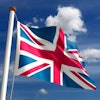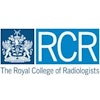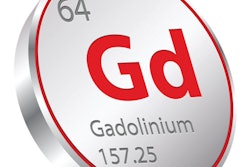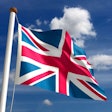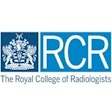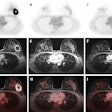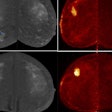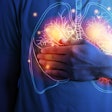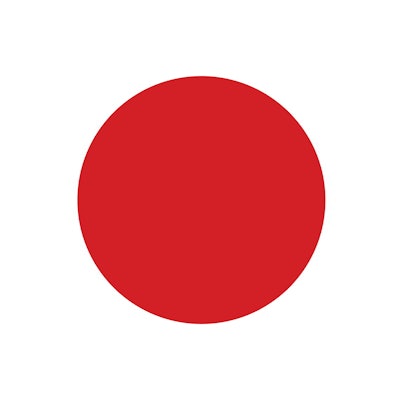
Japan's long tradition of social distancing, especially when it comes to martial arts, has helped reduce the number of deaths in the pandemic, according to an article prepared for the recent French national radiology congress, the Journées Francophones de Radiologie (JFR).
Proper distancing (maai) in martial arts is dependent on the physical characteristics (e.g., height and reach) of the martial artist, the size of the weapon, ground conditions, direction of the wind/sun, and many other factors, explained Dr. Kei Yamada, PhD, international liaison for the Japanese Radiological Society (JRS), and Dr. Shigeki Aoki, PhD, JRS president.
"If you got too close to your opponent without a proper guard, you were dead (or you lost)," they wrote. "If you were too far apart, you would not be able to engage."
However, even outside of martial artists, the Japanese culture already has certain customs that are in line with safety measures designed to prevent the spread of COVID-19: They do not shake hands, give hugs, or kiss on the cheek -- not even with their closest friends. Instead, Japanese people greet each other by bowing with certain distance and angles, Yamada and Aoki stated.
On top of that, Japanese people already wear masks even when they are not particularly sick due to the very high prevalence of pollen allergies -- as much as half the population has some form of allergic rhinorrhitis, the authors reported.
"Thus, wearing masks in public was our social norm before the rise of novel coronavirus," they wrote. "Putting all these factors together, we were probably simply lucky to have fewer cases of COVID-19 cases compared with the rest of the world."
